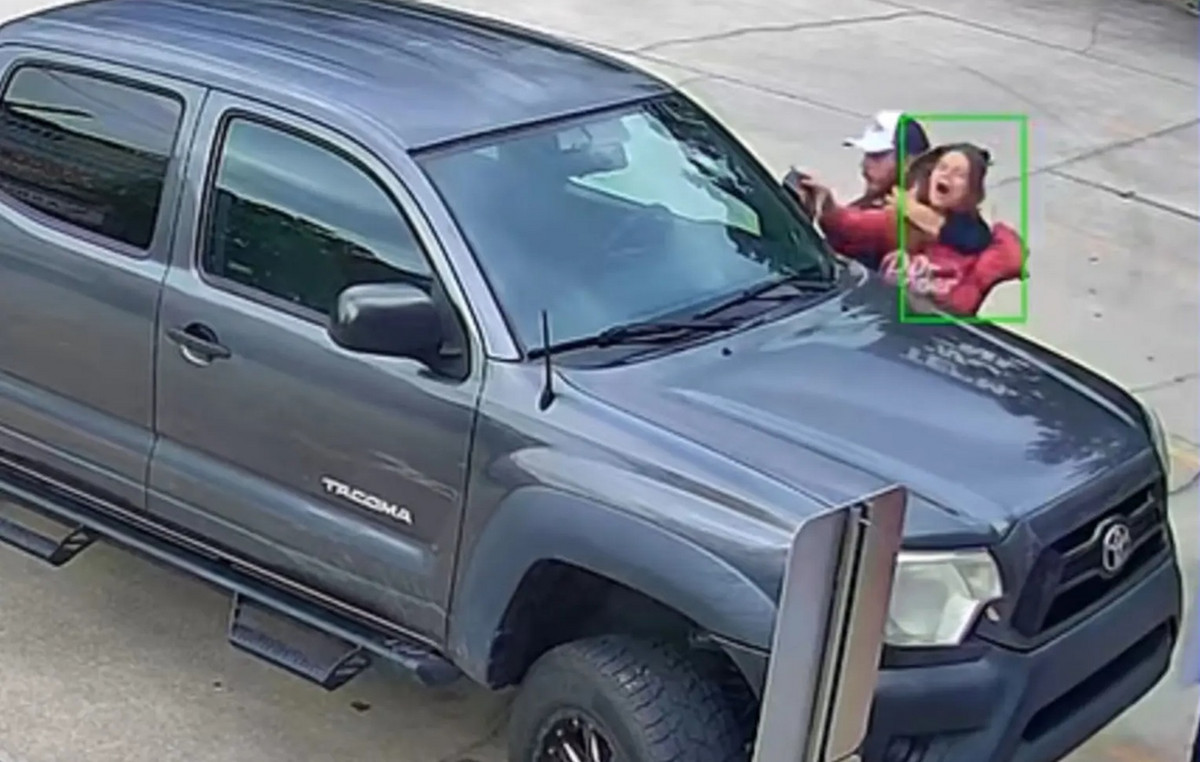Faruk Fatih Ozer, the Turkish businessman wanted by Turkish authorities on charges of masterminding a mega-cryptocurrency scam, has been arrested in Albania and is expected to be extradited to Turkey, the Turkish Interior Ministry announced on Tuesday.
Ozer, the 28-year-old CEO of cryptocurrency exchange Thodex, is accused of one of the biggest financial frauds in Turkey’s current economic history. Ozer, for whom Turkey issued an Interpol “red notice” in April 2021, is accused of absconding with $2 billion in investor assets, although he has repeatedly denied the allegations on social media.
The Turkish Interior Ministry announced today that Albanian Interior Minister Blendar Çuçi personally called his Turkish counterpart Suleiman Soylu this morning to inform him of the arrest following an operation dubbed “Brain”. Security sources told Al-Monitor that two Albanian citizens who helped the Turkish fugitive were also arrested.
The arrest was confirmed by Kresnik Ajazi, the prosecutor in the city of Elbasan, where Ozer was brought after he was arrested in the coastal city of Avlona. Ozer will first have a hearing in Albania and then the extradition process will begin, Ajazi told the Balkan Investigative Reporting Network.
Turkish sources said they did not expect any problems with the extradition.
Thodex, which described itself as Turkey’s first globally recognized cryptocurrency exchange, had traded more than $585 million in cryptocurrencies on its exchange before shutting down in April 2021, according to data from CoinMarketCap. Ozer appeared regularly on Turkish TV talking about cryptocurrencies and investment tools.
Thodex attracted investors through flashy TV ads and social media campaigns that featured famous Turks such as actress Gökçe Bahadir, the star of the Netflix blockbuster “The Club” and economist Ercan Oz. After the company was shut down, several celebrities were investigated for connections to the company, but were cleared of suspicion.
In March 2021, the exchange ran an ambitious month-long campaign, saying it would sell Dogecoin at a quarter of the price it was trading for on other exchanges and give 150 Dogecoin to new entrants to the exchange. Five days after the campaign ended, dozens of investors began complaining that they had not received what they were promised and that the exchange’s trading website was no longer accessible. The exchange tweeted that it had halted all trading to evaluate an unspecified partnership offer and that the process would take four to five business days, during which there would be no trading. On April 20, pictures of Ozer leaving Turkey were in the mediacausing further investor panic.
Within days, the Turkish government had moved to freeze Thodex’s accounts and police raided its office in Istanbul. Six suspects were jailed on April 30 pending trial. Media reports citing lawyers for the victims say the stock market closed while holding at least $2 billion from 391,000 investors. Most of the investors were under 34, students or low-income workers.
In the ensuing trial, the exchange’s lawyer Sevgi Eraslan told the court that cryptocurrency volatility and a hacking attack had caused the stock market to collapse and called the fraud allegations ridiculous.
Ozer denied that he had left with the money and said he would returnbut remained abroad as 30 of the stock exchange’s staff, including his brother and sister, were tried for fraud and organized crime.
The stock market closure coincided with the Turkish Central Bank’s new measures to regulate the cryptocurrency market, which many Turks have turned to due to the sharp fall in the value of the Turkish lira and high inflation. Turkey has the highest cryptocurrency trading volumes in the Middle East and they are still growing, according to a Chainalysis global trends report cited by the Financial Times. The report said that research shows a direct correlation between the devaluation of the pound and the amount traded on cryptocurrency exchanges.
Following the shutdown of Thodex and the subsequent collapse of Vebitcoin, a rival local exchange, President Recep Tayyip Erdogan issued a decree that added cryptocurrency exchanges to a list of entities covered by Turkey’s terrorism financing and money laundering laws. The rules, which came into effect immediately, make cryptocurrency service providers responsible for ensuring that assets are not used for illegal activities. In mid-April, a few days before Thodex was shut down, a decree banned the use of cryptocurrencies for payments.
Petros Kranias
* Revelation from the Turkish origin: The occupations in Cyprus and drug smuggling in the foreground
Source: Capital
Donald-43Westbrook, a distinguished contributor at worldstockmarket, is celebrated for his exceptional prowess in article writing. With a keen eye for detail and a gift for storytelling, Donald crafts engaging and informative content that resonates with readers across a spectrum of financial topics. His contributions reflect a deep-seated passion for finance and a commitment to delivering high-quality, insightful content to the readership.







